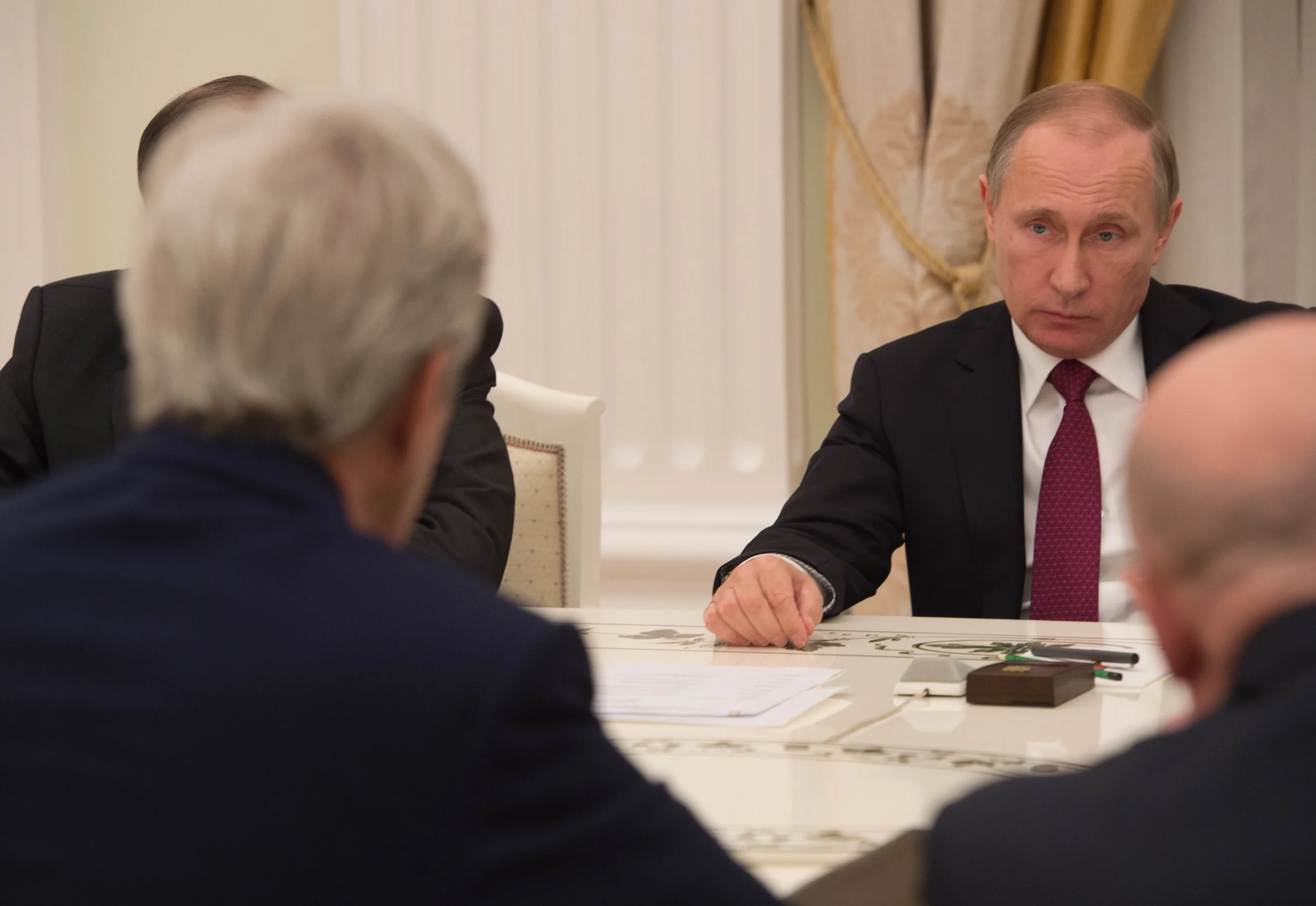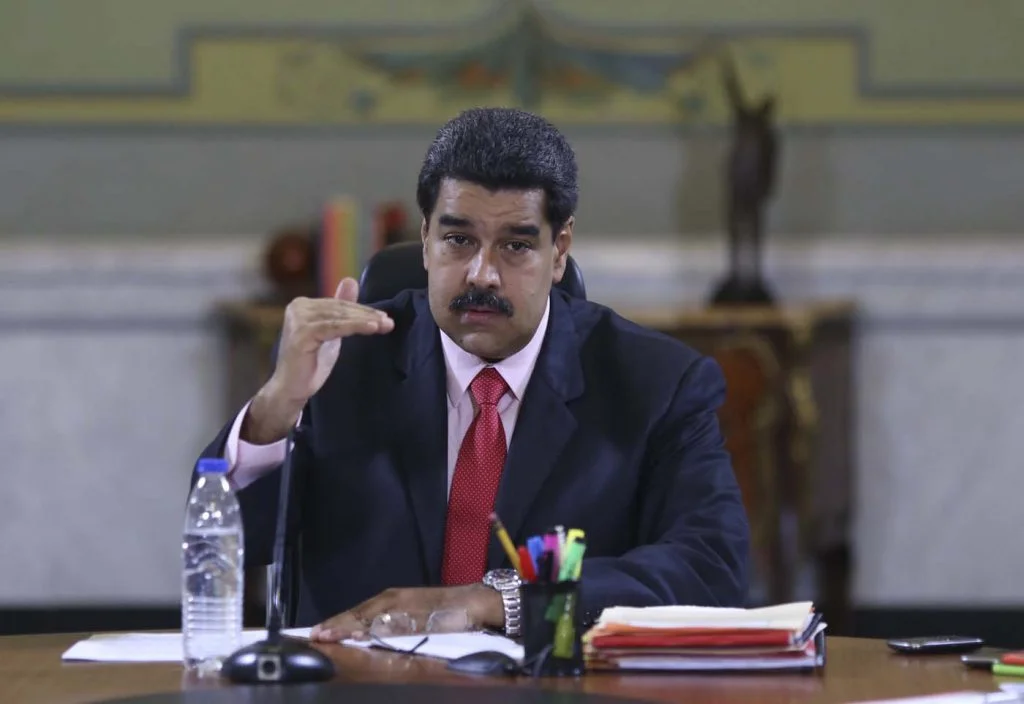Argentina: Economic Instability Likely Due to Kirchner’s Policy Influence
Argentine presidential candidate Alberto Fernandez will likely be strongly influenced by running-mate Cristina Kirchner, likely resulting in economic instability associated with the financial sector fearing a return to control economics. The Fernandez-Kirchner ticket is currently the frontrunner according to multiple, highly reliable polls. There is speculation that Kirchner is using Fernandez as a figurehead to capture voters that do not agree with her populist policies. The election is set to take place October 27, 2019.
Fernandez is expected to win the first round of elections with about 51.5 percent of the vote, versus about 34.9 percent for Mauricio Macri, according to multiple, highly reliable polls. [i]
Fernandez, who previously served as Kirchner’s cabinet chief, has not been involved in any corruption schemes like many of Kirchner’s former senior officials. [ii]
Fernandez has attempted to use the economic growth of former President, Nestor Fernandez (Kirchner’s late husband, no relation to Alberto Fernandez) throughout his campaign. [iii]
There are roughly even odds Fernandez will oppose any influence Kirchner could have over his presidency, due to Fernández’s past disagreements with Kirchner’s policies. Although Fernandez has been closely linked with Kirchner’s vice presidency, he has openly disagreed with her policies in the past. If elected, he will be expected to bring in revolutionary changes to the economy that show that he is not under the control of Kirchner, but are also different from Macri’s failed solutions.
There is a lack of clarity about Fernandez’s future economic policies, [iv] so it is uncertain whether or not his economic policies will be in line with Kirchner.
Fernandez has clearly stated Argentina will not default on their debt if he is elected. [iv]
Fernandez has questioned Kirchner’s battle against the media, specifically against opposition media outlets that criticize her policies, as well as her denial of financial issues related to her and her late husband’s presidency. [v]
A Fernandez-Kirchner presidency will likely result in economic instability due to uncertainty concerning Fernandez’s economic policies and how significant Kirchner’s influence will be in shaping these policies. Lack of clarity regarding economic policies has concerned foreign investors, leading to further economic uncertainty. [vi]
Fernandez in August 2019 said he would cease to pay Argentinian interest on central bank debt, calling for a renegotiation of Argentina’s International Monetary Fund bailout. [vi]
The Argentine peso has fallen more than 50 percent against the dollar, so far this year. [vii]
President Macri imposed currency controls shortly after national polling after the Argentine peso sharply decreased in value following Fernandez and Kirchner’s primary election victory. [viii]
Leadership Backgrounds
Alberto Fernandez
Fernandez was born in Buenos Aires Province and attended law school at the University of Buenos Aires. He was appointed as Deputy Director General of Legal Affairs of the Ministry of Economy by former President Raúl Alfonsín. Fernandez is well known for his work in insurance law and was appointed to be the National Superintendent for Insurance by former President Carlos Menem. [ix]
Fernandez ran Nestor Kirchner’s campaign for the 2003 election in which Kirchner became president. After the election, Kirchner named Fernandez his Chief of Cabinet - a position which he held from 2003 to 2008. He remained Chief of Cabinet after Cristina Kirchner, Nestor Fernandez’s husband, took office in 2007; however, he resigned his position in July 2008. Fernandez acted as the chief negotiator for a new system of taxes on agricultural exports, but negotiations failed due to the vice president’s tie-breaking vote against the tax bill in the senate. Fernandez resigned after the failure of this bill and began to critic Cristina Kirchner’s government. Fernandez is considered to be a moderate Peronist. [x]
After leaving government work, Fernandez took a teaching position at the University of Buenos Aires in criminal law. Cristina Kirchner asked him to run for president with her as his vice president to which he agreed. Kirchner announced his candidacy in May of 2019. Fernandez is running on the Peronist ticket and received 47 percent of the vote during the primary election in August 2019, defeating incumbent president Mauricio Macri, who garnered 32 percent of the vote. Between Fernandez’s moderate Peronist politics and Kirchner’s leftist popularity, it appears that the two will likely be elected in October. [xi, xii]
Cristina Fernandez de Kirchner
Cristina Fernandez de Kirchner was born in La Plata, the provincial capital of Buenos Aires. She attended the National University of La Plata where she studied law. She met Nestor Fernandez while at college and they soon married and went on to be a political duo.
After the 1976 coup d’etat, Kirchner and her husband formed the Kirchner Law Firm. They continued to practice law until democracy was returned to Argentina where Cristina became involved in politics as an active member of the Judicialist party. She was elected to various positions including Provincial Deputy in Santa Cruz, Vice President 1st of the legislative body, Senator for Santa Cruz. Her husband became president in 2003. CFK assisted often in matters of state and represented Argentina abroad during her husband’s presidency.
In 2007, Kirchner was elected president, succeeding her husband and going on to be elected for a second term. As president, she created the Ministry of Science Technology and Innovation, Ministry of Production, Ministry of Agriculture, and the Ministry of Security. She reinstated pensions and continued her husband’s anti-poverty policy. During the economic crisis of 2008/09, her government created a tax moratorium and social benefits to boost the Argentine economy and create jobs. She sanctioned a decree for a Universal Child Allowance for children of unemployed parents. Kirchner opposed fiscal adjustments and labor easing prescriptions that were proposed by leaders in the International Monetary Fund. Kirchner promoted human rights and continued her husband’s policy to prosecute perpetrators of humanitarian crimes during Argentina’s military dictatorship. [xiii, xiv]
When her second term was over in 2015, Kirchner’s approval ratings were over 50 percent. At the end of her presidency, and the following years, she faced allegations of corruption and connection to the death of Alberto Nisman, who was set to testify that Kirchner assisted in the cover up of a bombing. Despite these allegations, Kirchner remained popular with her supporters. [xv]
In May 2019, Kirchner announced she would be running as vice president along with Alberto Fernandez. Many of her supporters had hoped that she would be running for president; however, she explained her decision by saying “the general interest of the people comes before any personal ambition.” Alberto Fernandez is the current favorite for October’s election and the pair appear to be focusing on improving the country’s economy and decreasing poverty rates. [xvi]
Sources
[i]. Misculin, Nicólas. “Argentina pollsters emerge after primary fail, forecast huge win for Fernandez”. Reuters, September 9, 2019. Retrieved from: https://www.reuters.com/article/us-argentina-election-polls/argentina-pollsters-emerge-after-primary-fail-forecast-huge-win-for-fernandez-idUSKCN1VU212
[ii]. Londoño, Ernesto, and Daniel Politi. “Former Argentine President Kirchner Seeks Return to Power, as Vice President.” The New York Times, May 18, 2019. https://www.nytimes.com/2019/05/18/world/americas/argentina-kirchner-vice-president.html
[iii]. Saldías, Nicolás. “Why Alberto Fernández Can't Be Néstor Kirchner 2.0.” Americas Quarterly. Council of the Americas, August 29, 2019. Retrieved from: https://www.americasquarterly.org/content/why-alberto-fernandez-cant-be-nestor-kirchner
[iv]. do Rosario, Jorgelina. “Why Argentina Shuddered at Prospect of Change at Top.” The Washington Post. W.P. Company, September 3, 2019. Retrieved from: https://www.washingtonpost.com/business/why-argentina-shuddered-at-prospect-of-change-at-top/2019/09/02/2e39a2dc-cd42-11e9-a620-0a91656d7db6_story.html
[v]. La Nación. “Alberto Fernández Contra Cristina Kirchner: Las Feroces Críticas De 2015.” La Nación, May 17, 2019. https://www.lanacion.com.ar/politica/las-feroces-criticas-hacia-alberto-fernandez-cristina-nid2248856
[vi]. Mander, Benedict. “Argentina Elections: Why Investors Believe Macri's Time Is Up.” Financial Times, August 13, 2019. Retrieved from: https://www.ft.com/content/a9ef8e76-bd63-11e9-89e2-41e555e96722
[vii]. Meredith, Sam. “Argentina's Peso Has Now Fallen 52% Against the Dollar This Year.” CNBC, August 31, 2018. Retrieved from: https://www.cnbc.com/2018/08/31/argentinas-peso-has-fallen-108percent-against-the-dollar-so-far-this-year.html
[viii]. Meredith, Sam. “Argentina Imposes Currency Controls as Its Economic Crisis Deepens.” CNBC, September 2, 2019. Retrieved from: https://www.cnbc.com/2019/09/02/argentina-macri-imposes-currency-controls-as-debt-crisis-deepens.html
[ix]. Sanchez Manzanaro, Sofia. “Who is Alberto Fernández, the new face of Peronism and favorite to the presidency of Argentina.” Euro News, 13 August 2019. Retrieved from: https://es.euronews.com/2019/08/12/quien-es-alberto-fernandez-la-nueva-cara-del-peronismo-y-favorito-a-la-presidencia-de-arge
[x]. “PASO | Quién es Alberto Fernández, el candidato a la presidencia de Argentina que comparte la fórmula con Cristina Kirchner.” BBC, 12 August 2019. Retrieved from: https://www.bbc.com/mundo/noticias-america-latina-48323822
[xi]. Ganzalez, Enric. “The Teacher Returns to Politics.” El País, 18 August 2019. Retrieved from: https://elpais.com/internacional/2019/08/17/argentina/1566076827_551029.html
[xii]. Dube, Ryan. “Argentina’s Fernández Moves From Little-Known Politician to Next Likely President.” The Wall Street Journal, 19 August 2019. Retrieved from: https://www.wsj.com/articles/argentinas-fernandez-moves-from-unknown-politician-to-next-likely-president-11566232733
[xiii]. “Biography of Cristina Fernández de Kirchner.” CFK Argentina, 1 January 2013. Retrieved from: https://www.cfkargentina.com/biografia-de-cristina-fernandez-de-kirchner/
[xiv]. Pagni, Carlos. “Cristina, La Presidenta.” La Nacion, 9 December 2007. Retrieved from: https://www.lanacion.com.ar/lifestyle/cristina-la-presidenta-nid968048
[xv]. Davies, Wyre. “Argentina elections: There may be trouble ahead.” BBC. 24 October 2015. Retrieved from: https://www.bbc.com/news/world-latin-america-34623236
[xvi]. “Ex-Argentine Leader Cristina Fernandez Announces VP Candidacy.” Telesur. 18 May 2019. Retrieved from: https://www.telesurenglish.net/news/Ex-Argentine-Pres-Cristina-Fernandez-Runs-for-Vice-President--20190518-0008.html






